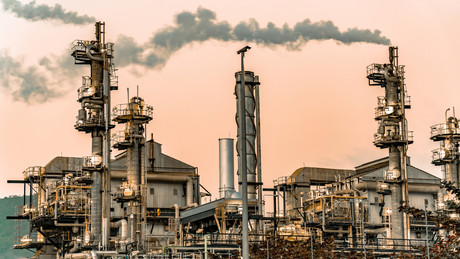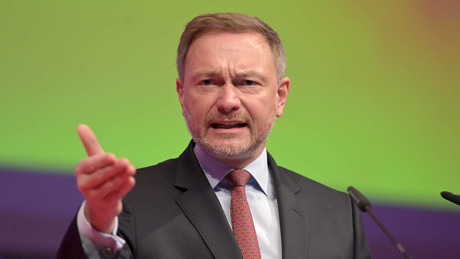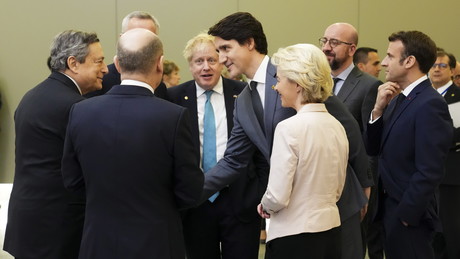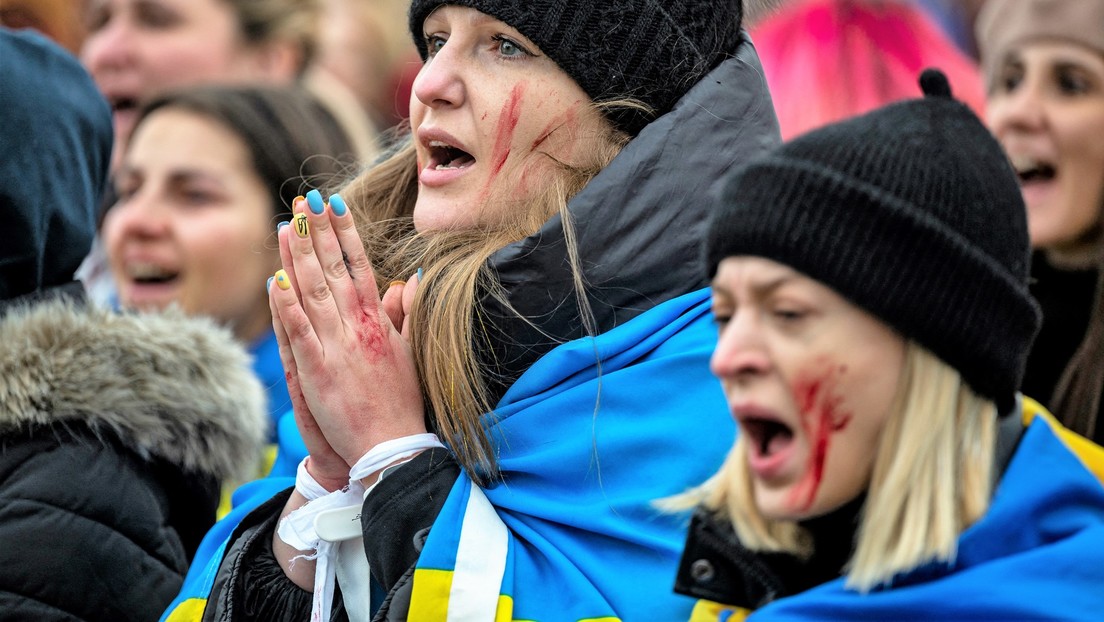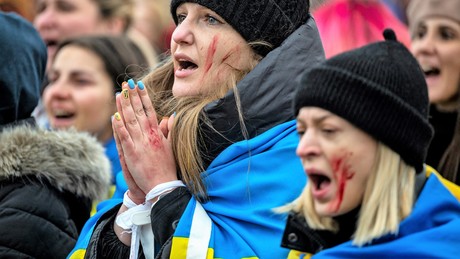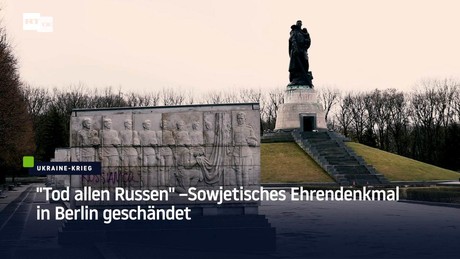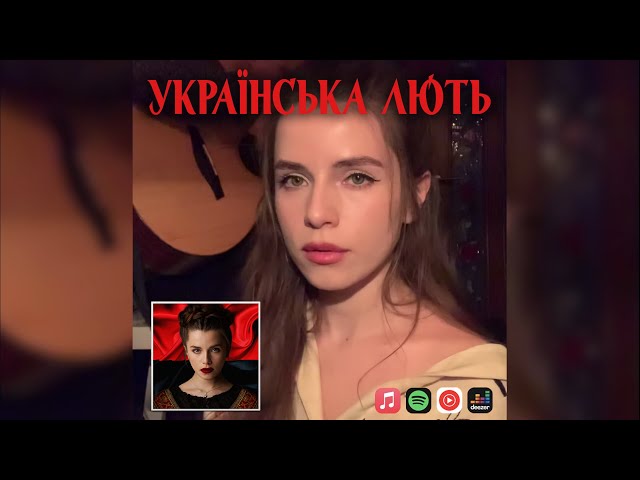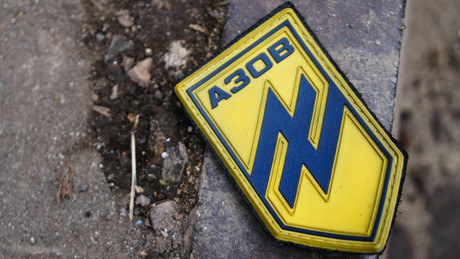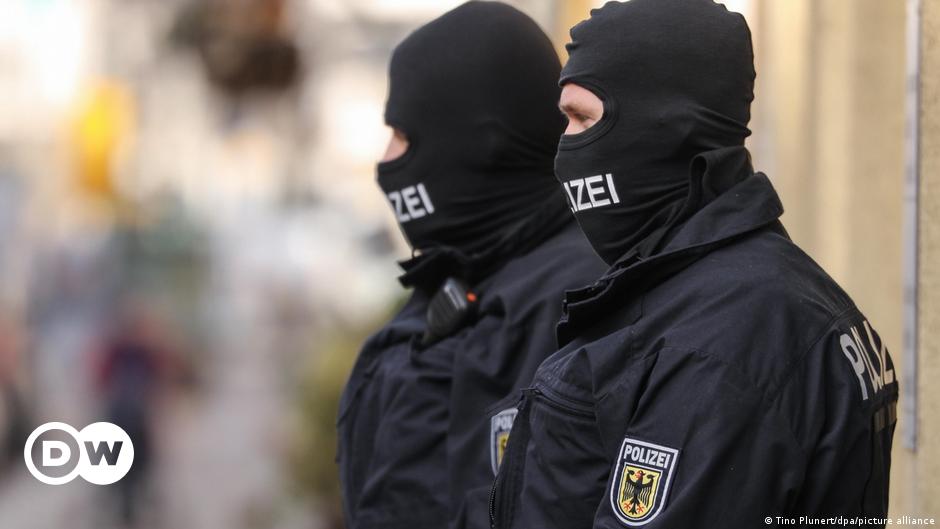https://www.tagesschau.de/wirtschaft/verbraucher/energiesparen-im-krieg-101.html
Federal Minister of Economics Robert Habeck had also already spoken out against a ban on energy imports from Russia. He sees an embargo as a threat to social peace. Finance Minister Christian Lindner said that the option of an import ban was on the table. At this time, however, it seems advisable for the perseverance of sanctions against Vladimir Putin not to take this step yourself.
Government spokesman Steffen Hebestreit said that an embargo must be decided at EU level, it is not generally excluded.
https://www.tagesschau.de/wirtschaft/weltwirtschaft/energie-unabhaengigkeit-101.html
Ukrainian President Volodymyr Zelensky had called for further and stricter sanctions against Russia. What is needed is a boycott of Russian exports and thus also the renunciation of oil and natural gas from Russia. Russia is financing itself despite the sanctions on commodity exports.
Ukrainian Foreign Minister Dmytro Kuleba said on CNN on Sunday: "Stop buying Russian oil." Russian oil and gas would "smelling of Ukrainian blood." He extended his appeal to "all Western companies to withdraw from Russia for 'humanitarian' reasons."
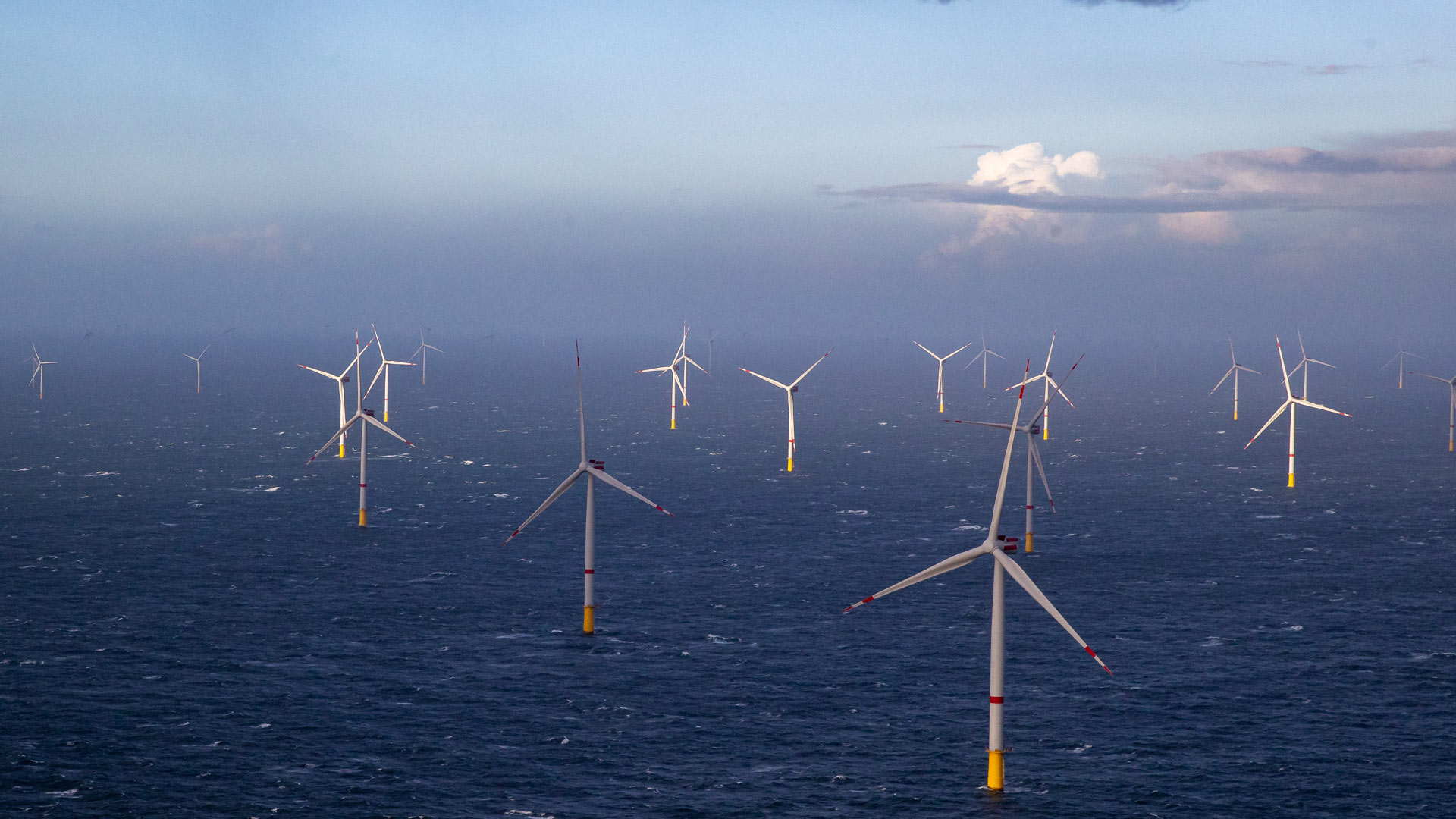
03/02/2022
Energy supplyHow Germany wants to become more independent
Renewable energies, gas reserves, LNG or a delayed coal or nuclear phase-out?
Meanwhile, EU Commission President Ursula von der Leyen announced that on Tuesday proposals for a rapid decoupling of the EU from Russian energy supplies would be presented. Specifically, according to von der Leyen, it will be about ensuring the supply of reliable suppliers outside Russia. The focus should be on liquefied gas (LNG) and pipeline gas, as the infrastructure required for this could also be used with environmentally friendly hydrogen in the future.
In addition, there should be investments in the expansion of renewable energies such as sun, wind and water as well as in increasing the energy efficiency of buildings and industrial processes.
03/01/2022
Energy supply in EuropeThere is a threat of shortage
Concerns about European energy supply are growing in Brussels.
In order to protect households and companies particularly affected by the current increase in energy prices, there could be new support measures.
The Commission's first draft package already circulated last week. In it, the Commission also proposes that EU countries should fill their gas storage facilities to at least 80 percent by October.
Federal Minister of Economics Robert Habeck had also already spoken out against a ban on energy imports from Russia. He sees an embargo as a threat to social peace. Finance Minister Christian Lindner said that the option of an import ban was on the table. At this time, however, it seems advisable for the perseverance of sanctions against Vladimir Putin not to take this step yourself.
Government spokesman Steffen Hebestreit said that an embargo must be decided at EU level, it is not generally excluded.
https://www.tagesschau.de/wirtschaft/weltwirtschaft/energie-unabhaengigkeit-101.html
Ukrainian President Volodymyr Zelensky had called for further and stricter sanctions against Russia. What is needed is a boycott of Russian exports and thus also the renunciation of oil and natural gas from Russia. Russia is financing itself despite the sanctions on commodity exports.
Ukrainian Foreign Minister Dmytro Kuleba said on CNN on Sunday: "Stop buying Russian oil." Russian oil and gas would "smelling of Ukrainian blood." He extended his appeal to "all Western companies to withdraw from Russia for 'humanitarian' reasons."
High dependence on Russia
Germany is dependent on Russia for fossil fuels. According to the Ministry of Economic Affairs, the share of Russian imports in fossil gas imports into Germany is around 55 percent, for coal around 50 percent and for crude oil imports around 35 percent. In the EU, 40 percent of the imported gas comes from Russia.
03/02/2022
Energy supplyHow Germany wants to become more independent
Renewable energies, gas reserves, LNG or a delayed coal or nuclear phase-out?
Meanwhile, EU Commission President Ursula von der Leyen announced that on Tuesday proposals for a rapid decoupling of the EU from Russian energy supplies would be presented. Specifically, according to von der Leyen, it will be about ensuring the supply of reliable suppliers outside Russia. The focus should be on liquefied gas (LNG) and pipeline gas, as the infrastructure required for this could also be used with environmentally friendly hydrogen in the future.
In addition, there should be investments in the expansion of renewable energies such as sun, wind and water as well as in increasing the energy efficiency of buildings and industrial processes.
03/01/2022
Energy supply in EuropeThere is a threat of shortage
Concerns about European energy supply are growing in Brussels.
In order to protect households and companies particularly affected by the current increase in energy prices, there could be new support measures.
The Commission's first draft package already circulated last week. In it, the Commission also proposes that EU countries should fill their gas storage facilities to at least 80 percent by October.




